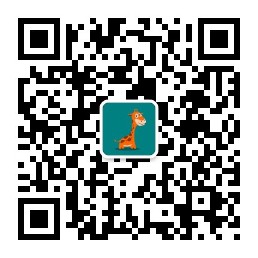第2030期:每个人都走不出的原生家庭(2)
唐朝诗僧梵天写过一首《道情诗》:我昔未生时,冥冥无所知。 天公强生我,生我复何为? 无衣使我寒,无食使我饥。 还你天公我,还我未生时。
很多人都听说过这首小诗,各有各的理解。我在人生最低谷的那几年里没少想起这几句诗,觉得人生空落落,惨兮兮,毫无价值,也无意义,只是受苦。
大多数人已经渡过了饥寒这两劫吧,但身在尘网,藩篱重叠,趟过这一生两万多个日夜而毫发无损估计没那么容易。
有人拼爹就有人无爹可拼,不是没父亲,只是父亲一生也只能勉强活着,给不了你什么优越。
人在困境中容易怨天尤人,尤其喜欢抱怨自己的原生家庭,我也曾经是其中一员。可是我们的父母生养我们时也是第一次,他们也没学过怎么育儿教子,我们怎能要求他们那么多呢?
“I believe that we choose our parents. I believe that we have decided to incarnate on this earth in a particular time and space.”
– Louise Hay
前几天提到过美国励志作家 Louise Hay,她在书中谈到很多人对父母和原生家庭的抱怨甚至怨恨时说:
“They were coping as best they could with the information they had.” 他们当时已经尽力做到最好了。
她建议我们走近父母,了解他们不曾说出口的他们的童年和少年往事。你可知你的父母一生也走不出他们的原生家庭吗?假如他们从小没有受到足够的爱,却要凭空变出无穷的爱给你,太难为他们了。
Hay说,“If you want to understand your parents more, I suggest you ask them about their childhoods.
Listen to not only what they are telling you, but notice what happens to them while they are speaking. What is their body language like? Can they make eye contact with you? Look into their eyes and see if you can find their inner child.”
啊,inner child,每个人心里住着的那个永远长不大的小孩,每个人最柔弱天真的自己。所谓的原生家庭对每个人的影响,其实全部都作用在这个inner child身上,只不过大多数人都看不见这个“内在的小孩”,不论是自己还是别人,都看不见。成长的过程,很大程度上讲就是我们寻找inner child的过程,找自己的,也找父母的。
Ok, what do I want to say?
Make peace with your family of origin. Come to terms with your parents. They did nothing wrong to you.




